2018 was a good year for the Ontario New Democrats. Andrea Horwath, who had been the provincial party’s leader for nine years, rallied the ONDP to capture 40 seats in the Ontario legislature. Since then, the party has stood as the official Opposition to Premier Doug Ford’s majority Progressive Conservative government. Aside from forming government under Bob Rae in 1990, it was the most seats the Ontario NDP had ever won. The long-reigning, well-resourced Ontario Liberal Party became a footnote as progressives appeared to pick a corner in a new battle: orange versus blue.
Four years later — two and a half spent living through a historic global pandemic — things look different. By many metrics, life is more difficult than it was back then: housing prices have shot through the roof, weather-related emergencies happen with more frequency and inflation has led to 60 per cent of Canadians worrying how they’ll put dinner on their tables. It’s the type of economic situation the traditionally left-leaning ONDP should be able to capitalize on. Yet preliminary polling indicates the party is on the cusp of losing a significant chunk of the ground it gained in the 2018 provincial election.
Progressives, frustrated by the provincial New Democrats’ perceived low profile throughout the pandemic, have started to defect. While the Ontario NDP fights Doug Ford for the labour vote, some local groups appear disinterested in offering their usual support. For example, the labour council in Quinte, which endorsed a local ONDP candidate in 2018, has not offered the same backing this time around.
Horwath is now in her 13th year as Ontario NDP leader, but 2018’s orange wave seems to be receding, and fast. A renewed Ontario Liberal Party, led by the steady, uncontroversial Steven Del Duca, is back in the hunt, determined to steal votes from Ford and flip some of the New Democrats’ gains back to red. If the polls are right, Horwath is unlikely to win and will have to hold off both Del Duca and Ford to keep her party’s Opposition status.
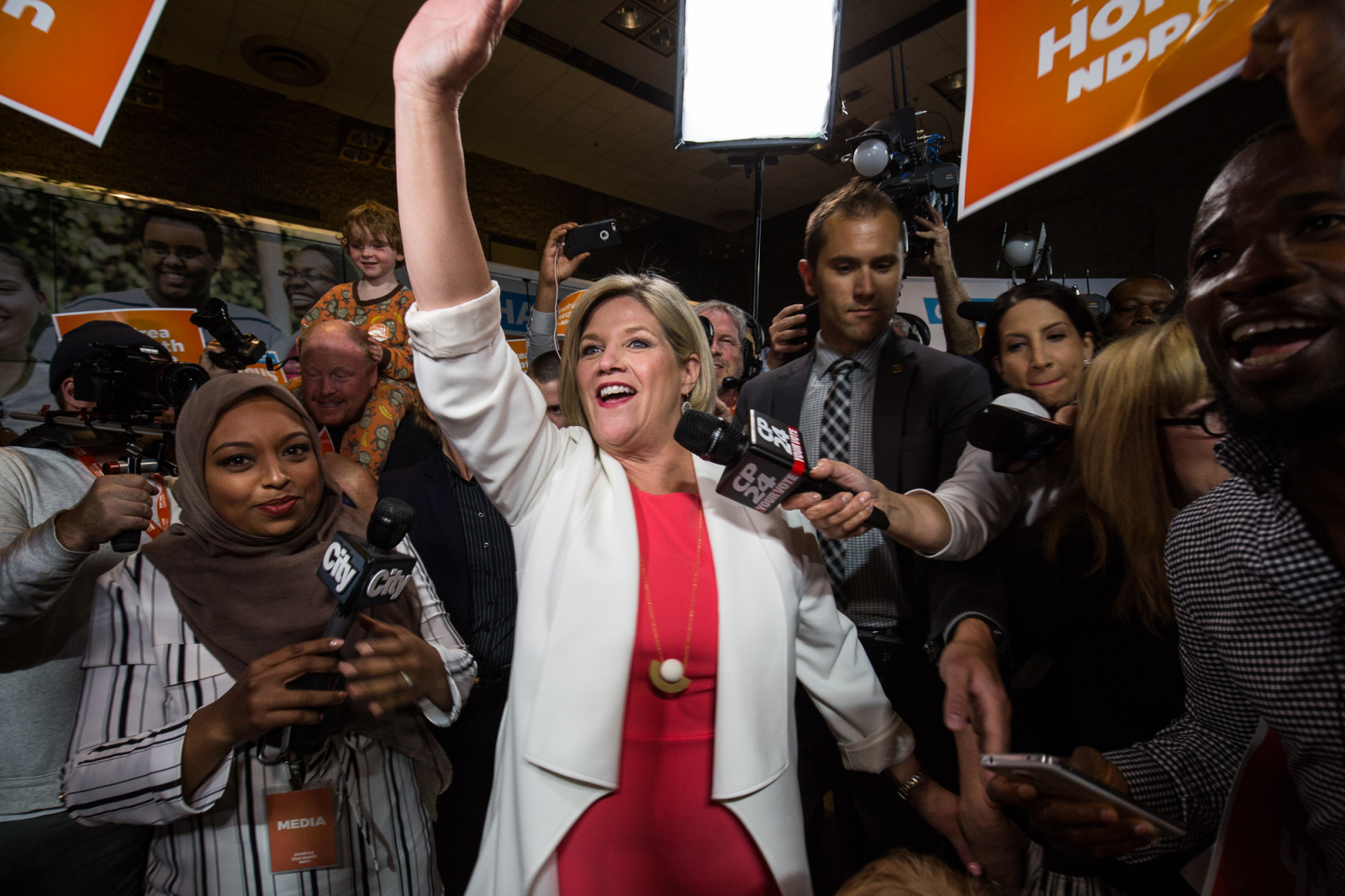
Financially, the Ontario New Democrats have never been as well-positioned as they are now, heading into the June 2 election. The party’s long-running issue with fundraising is a thing of the past, said Tom Parkin, principal with Impact Strategies. Parkin is a former director of organization for the Saskatchewan NDP and worked in the war room for Horwath’s leadership campaign. The ONDP has more money to spend going into this 2022 election than any previous election, he added.
The party has local name recognition across the province, too. In 40 ridings, established incumbents have money in the bank and a team around them on the ground.
The challenge, said Parkin, is to convince people to rally around Horwath as the leader who can remove Ford from government. “People want to defeat Doug Ford,” said Parkin. “That’s where Horwath has to press her advantage really hard.”
Parkin said the NDP will likely try to make gains by working to flip current Progress Conservative ridings rather than any of the Liberals’ six seats, which are in historically safe Liberal districts.
For the Liberals, though, the NDP’s 40 seats dangle like “juicy targets,” Parkin said. This is where centrist and centre-left concerns around vote-splitting come in. “That leads us to a difficult place because frankly, if they were to succeed and Liberals just beat the New Democrats, then Doug Ford wins again,” said Parkin.
Neither voters nor Del Duca’s Liberals will be to blame if the Ontario NDP fails to win or lose ground, Parkin said. That will rest squarely on ONDP headquarters. “It’s entirely up to Ms. Horwath, her team and her candidates to be able to read what’s going on.”
Canada’s National Observer reached out to speak with Horwath, but her team didn’t arrange an interview in time for publishing.
At this point in the election, David Coletto, CEO of public opinion research company Abacus Data, is less interested in what he describes as “the horse race” and more tuned in to whether or not there is an overwhelming desire for change. Ford’s approval numbers dropped consistently through the pandemic, but they’ve rebounded in the past few months heading into the election, which indicates to Coletto that people aren’t as dissatisfied as they were a year ago.
When Abacus polled Ontarians on how they would vote without mentioning leaders’ names, the Ontario Liberals came just four points behind the PCs, and the ONDP was a distant third. But when asked who would make the best premier, people put Horwath second behind Ford, with the Liberals’ Del Duca back at only 12 per cent. As debates begin and leaders are more visible to Ontarians, Coletto expects that differential to shift. “The leader matters a lot,” he said.
How the numbers will shift is unclear. “What unites most Liberal and NDP supporters is they don’t like Doug Ford,” said Coletto. “Half of Ontarians say that they definitely want to see a change in government. Most of them are going to vote Liberal or NDP.”
Coletto said the New Democrats seem to be combating voter perception that they’re too left and can’t be trusted to manage the economy, so they’ve responded by insisting they won’t raise taxes on the middle class — a group which Horwath said includes individuals making up to $200,000 a year. “The New Democrats are kind of tacking right,” said Coletto, while the Liberals appear to be chasing the progressive vote by focusing on racism, education and electoral reform.
Coletto compared this to the 2015 federal election, when Justin Trudeau’s Liberals appeared as the “bolder, more change-y” option compared to Tom Mulcair’s centrist, moderate NDPs. This is repeating itself in what Coletto described as an entirely different election: one to determine who is the leading alternative to Ford.
Though the provincial New Democrats hold 40 seats, Abacus polls suggest that when it comes to picking a fighter against Ford, Ontarians still prefer the Liberals, even in their decimated state. “It’s less about who’s more left and who’s more centrist and more about who is in a better position to win,” said Coletto.
On that note, history isn’t on the Ontario NDP’s side: they just don’t win.
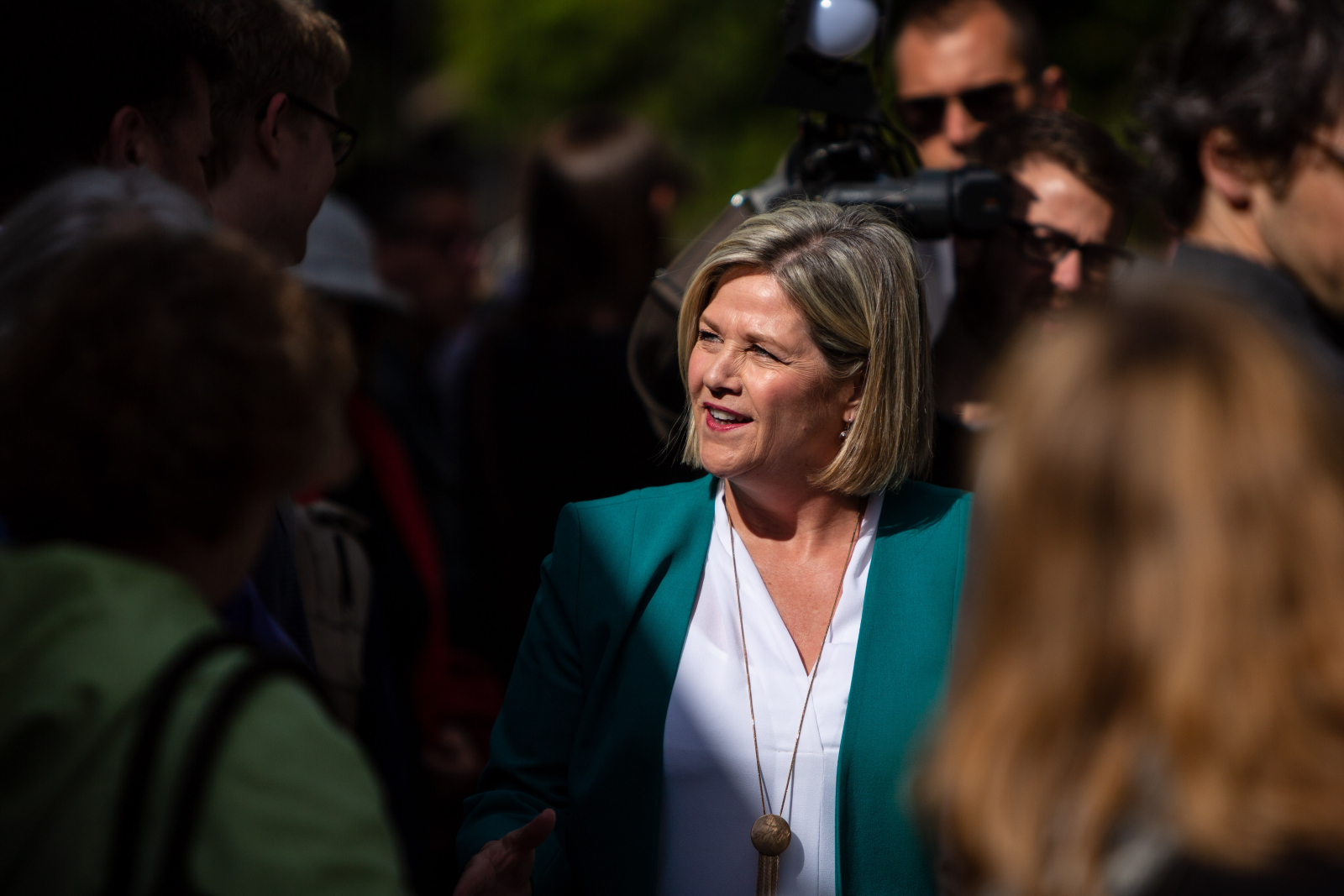
Attempts by the Ontario NDP to reverse its consistent losing streak have moved the party to the right, Coletto said, and are beginning to cost it key segments of its constituency, which preferred the party for its progressive alternatives to Liberal and PC policies.
This has mirrored, in some ways, the federal New Democrats’ trajectory under Leader Jagmeet Singh, whom critics describe as drifting to the centre and spelling another abandonment of the NDP’s socialist and working-class roots. Over the last two years, several NDP supporters and members have announced their departure from and disappointment in the party on social media after various last straws.
Some on the left have applauded Horwath’s platform as a plausible and achievable alternative to the PC and Liberal platforms. “Lefties this is it. We really really need to vote,” wrote one Twitter user in praise of Horwath’s platform, in particular her intent to restart the basic income pilot Ford axed. Other steps to address the high cost of living in Horwath’s platform include rent control, a speculation tax, an end to exclusionary zoning and a minimum wage of $20 by 2026.
But Horwath will have to contend with plenty of voters on the left who are unmoved by her party’s plan and see it as inadequate to address rapidly deteriorating conditions. The Twitter account for the Canadian Housing Crisis community on Reddit, which counts over 21,000 members, called on Horwath to match the Ontario Green Party’s promised 20 per cent tax on homebuyers with multiple properties — a policy that would likely implicate Horwath herself (according to 2021 financial disclosures, she owns an investment rental property). The Narwhal has also reported the ONDP has no concrete details on some policies relating to workers and racialized people. Horwath told the publication her party’s first concern was “to signal, especially for young people, that an NDP government is going to take this seriously.”
A particular point of contention on the left is the NDP’s proposed 20 per cent increase to Ontario Disability Support Program payments, which would raise them from $1,169 to $1,403 per month. Critics note the increase simply raises the rates to levels that preceded the budget-cutting of former Conservative premier Mike Harris. Jennifer Evans, who runs volunteer programs to support people in poverty, said the combination of below-poverty line payments, along with recent high-profile cases where people with disabilities have requested medical assistance in death, have led people she helps to feel like they’re being pushed toward death.
“Whether or not you think this is the right policy, that’s not even the question anymore,” said Evans. “Our response is to force (people with disabilities) to live in poverty and choose death, and that’s an acceptable policy for the left, most progressive party in the country? It’s a moral failure in addition to a political one.”
Al MacMillan, a Teamsters union member and laid-off production crew member with Maple Leaf Sports and Entertainment, said he takes issue with the ONDP’s plan to simply restart the universal basic income pilot. “They’re just putting us back to where we were in 2018 with (former Liberal premier) Kathleen Wynne,” he said. “It’s just not enough. They’re doing a disservice to people who want to support a left party.”
In general, critics on the left argue the Ontario NDP platform and its performance the past four years are unremarkable amid a time of crisis.
“The NDP platform needed to be bold and brave on social assistance and poverty, and instead, they're starving ODSP recipients even worse than Mike Harris did,” said Mike Gibbs, a former media relations advisor with Public Health Ontario and the Ontario Ministry of Health. Gibbs said he’s frustrated that issues affecting the most vulnerable have taken a back seat to defeating Ford, despite government appeals to these communities over the pandemic. “Once again, we’re sacrificing the communities we vowed to fight loudly for,” said Gibbs.
“I think Andrea blew it,” he continued. “We won’t beat Doug with ‘defeat Doug, PCs suck.’ We have to beat him with a bold vision.”
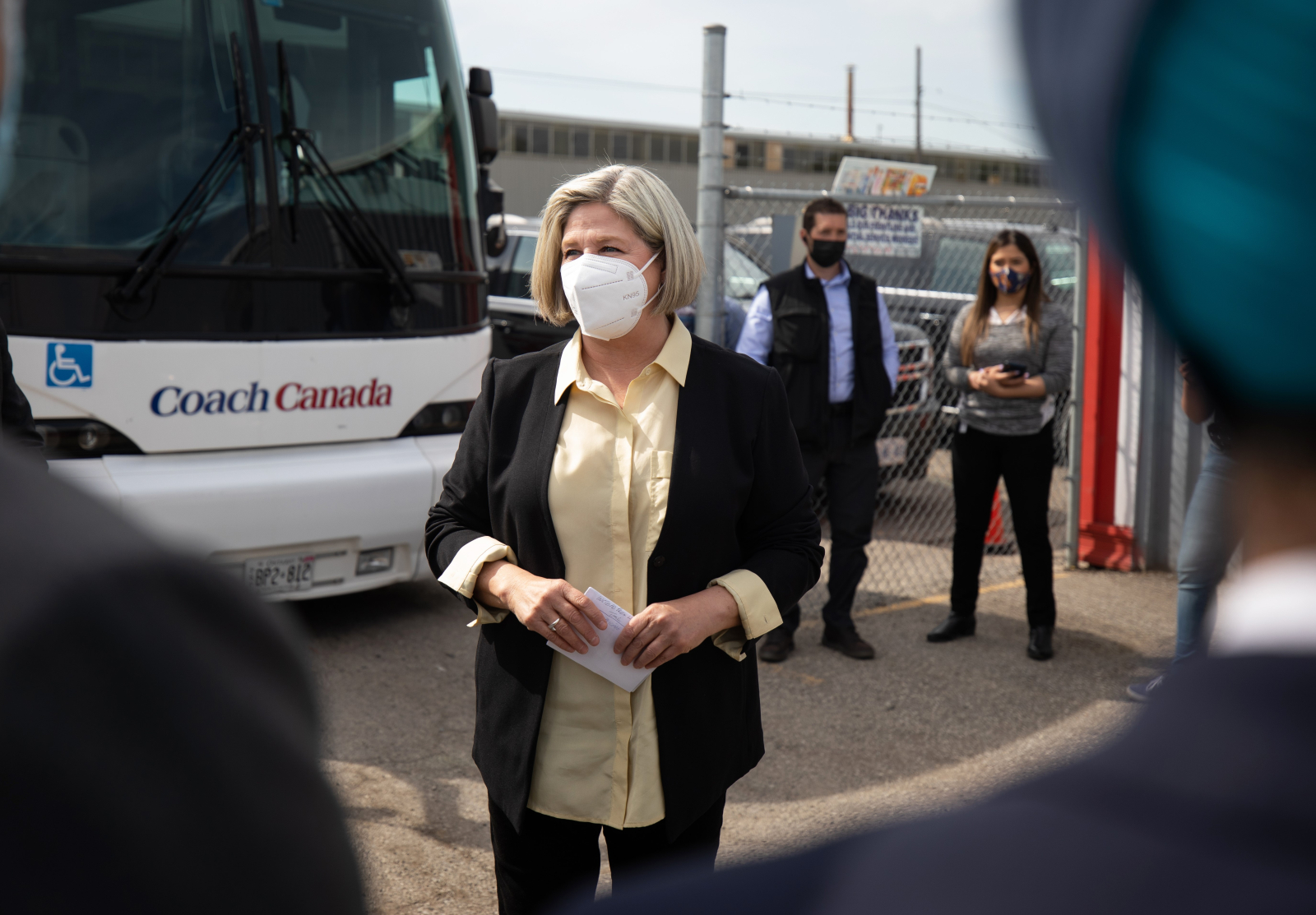
The NDP, on the other hand, insists it’s gone above and beyond to earn people’s votes over the past four years. Campaign director and longtime interprovincial NDP strategist Michael Balagus said the party’s morale is the highest it’s been in the eight years he’s worked with the Ontario New Democrats. Balagus said Horwath had the thankless job of trying to maintain opposition through a pandemic that dominated daily news and politics.
“I’ve never seen an Opposition leader that people didn’t feel wasn’t out there enough,” said Balagus. “That’s just part of what Opposition leaders get stuck with.”
The party’s focus now, he said, is to build on the “positive offers” of its platform, like the New Democrat Green Deal and the plan to end for-profit senior care, both of which have been out for nearly two years.
Balagus said the party faces criticisms from both sides of being “not bold enough or too bold,” but this time, he feels the party has bolstered its credibility by spending a lot of time detailing how it would implement its plans for the future. “(We have) a very practical, doable plan, and that’s what we’re trying to drive hard on this time around,” said Balagus. “We’re bold but we’re also capable of delivering.”
Balagus said while significant provincial Conservative and Liberal platform points revolve around short-term breaks, the NDP’s focus on longer-term solutions like free mental health and dental services means it’s the best choice when it comes to saving Ontarians’ wallets.
“We’re trying to combine affordability with things that will really enhance the quality of life of Ontarians, not a gimmicky licence plate thing or a buck-a-ride,” said Balagus.
The party is looking to grow in Scarborough, Brampton, Mississauga and Ottawa, he said, adding these are areas to watch.
Updates and corrections
| Corrections policyThis story has been corrected to show that only the Quinte labour council, which endorsed a local ONDP candidate in 2018, has not offered support this year.
Can we expect equally
Can we expect equally critical thinking about the Green Party and the Liberals from the National Observer? Better yet how about a Doug Ford expose!
2018 may have been a good
2018 may have been a good year for the Ontario New Democrats, but for the voters who support the NDP’s progressive policies it was a disaster. Doug Ford spent his first year in power systematically dismantling programs put in place by the Liberals, including cap and trade and its associated subsidies for green energy retrofits and electric vehicle subsidies, the new sex ed curriculum, pharmacare for dependent children, generous OSAP grants for low income college students, and the UBI pilot, to name a few. During the pandemic, our conservative governments response to the tragic death toll in our long-term care homes has included legislation indemnifying the owners of private long-term care homes from being sued for negligence. Nurses and other healthcare workers who are burning out trying to keep our healthcare system functioning are told that the province can’t afford to raise their pay more than one percent of year, far below the rate of inflation. At the same time, despite Ontarios soaring debt, the PCs are systematically reducing provincial revenue by cancelling things like road tolls and license plate renewal fees, which will make it that much harder for future governments to balance a budget.
With all due respect to Ms Horwath, the NDP did not flip a single seat away from the conservatives last election, and if they want to have a real voice in governing the province moving forward, they should stop campaigning against the liberals.

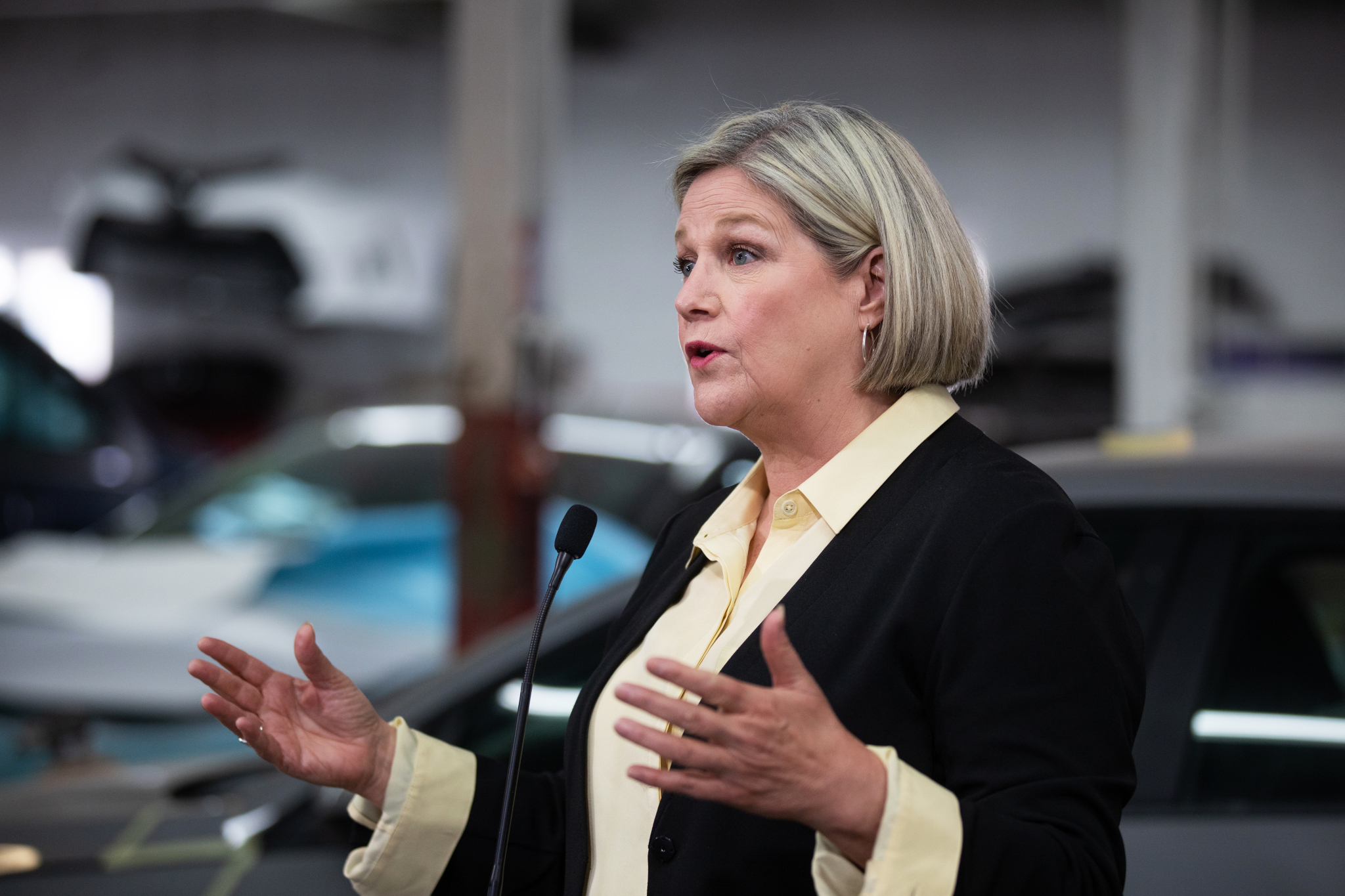


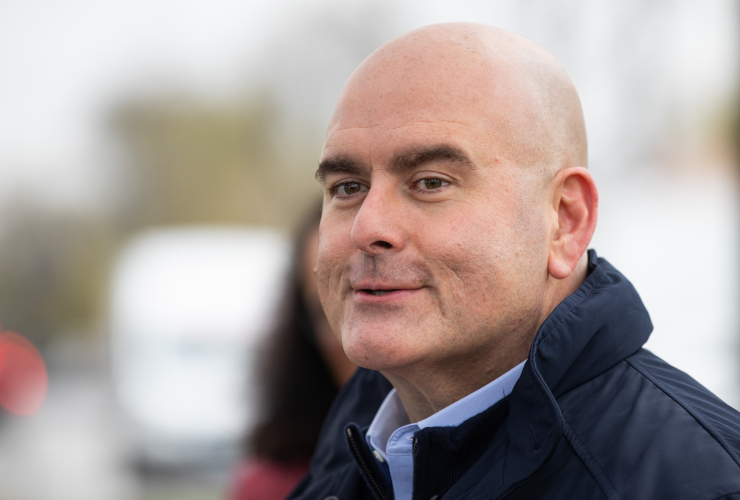
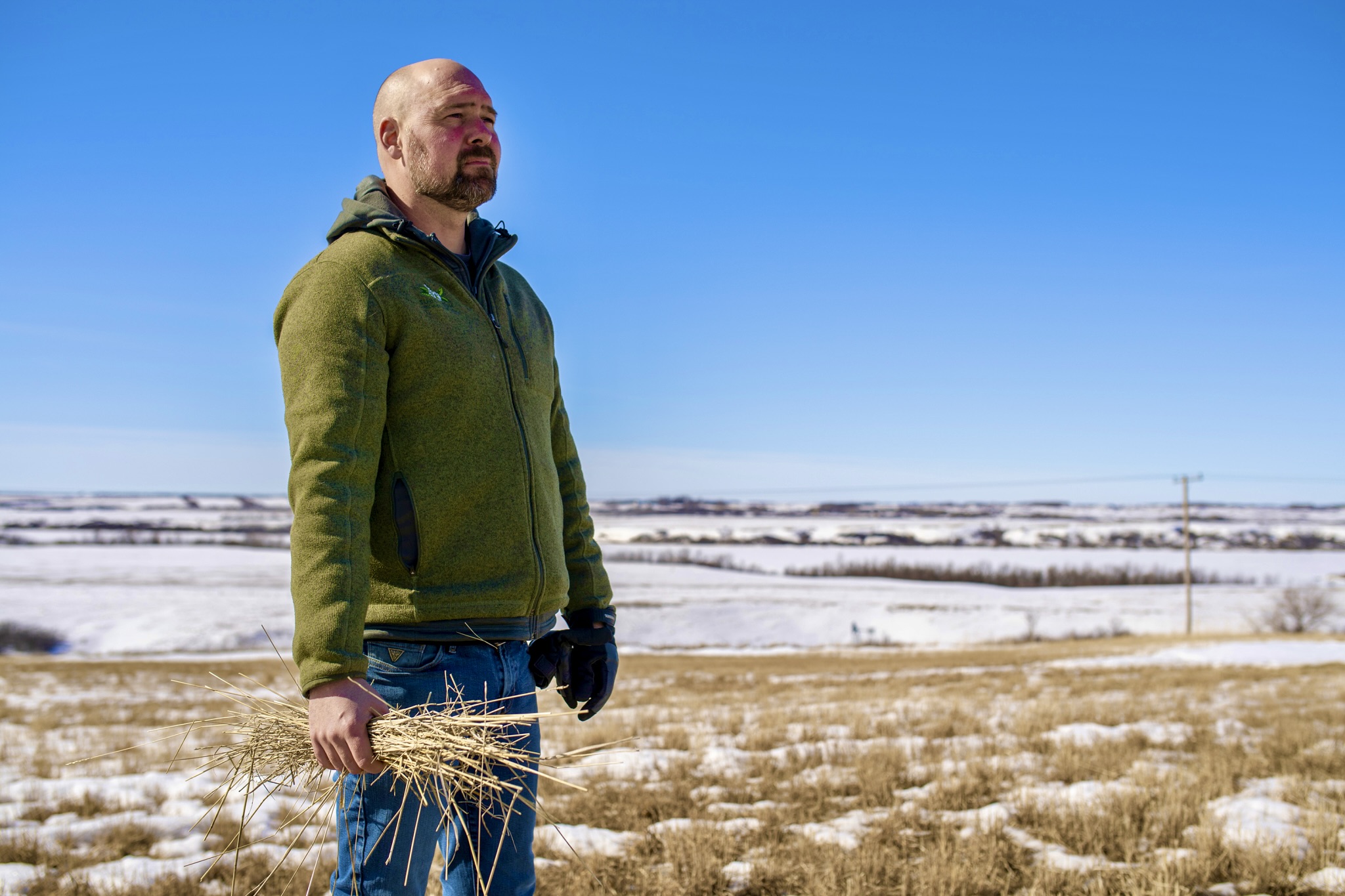
Comments